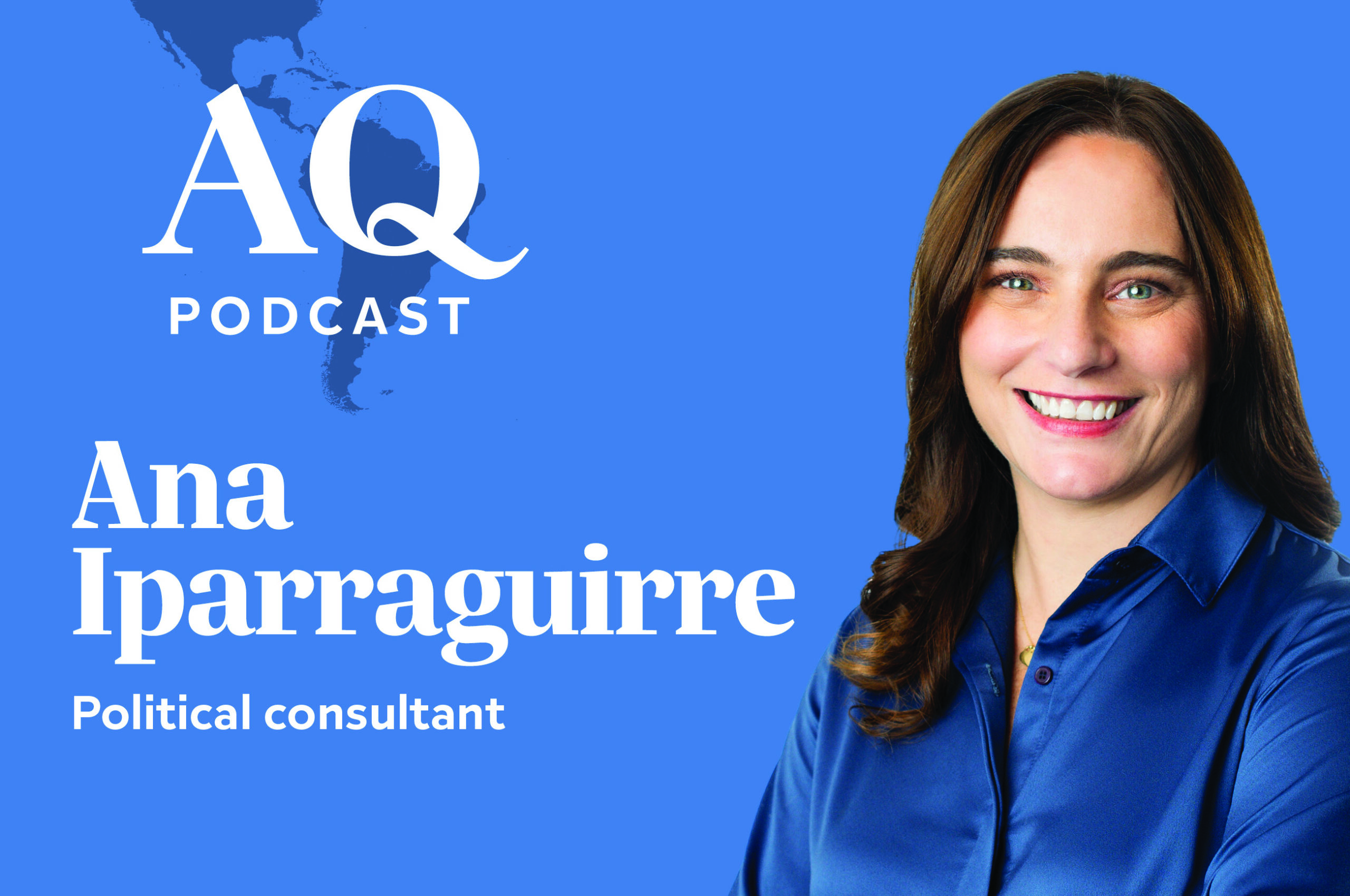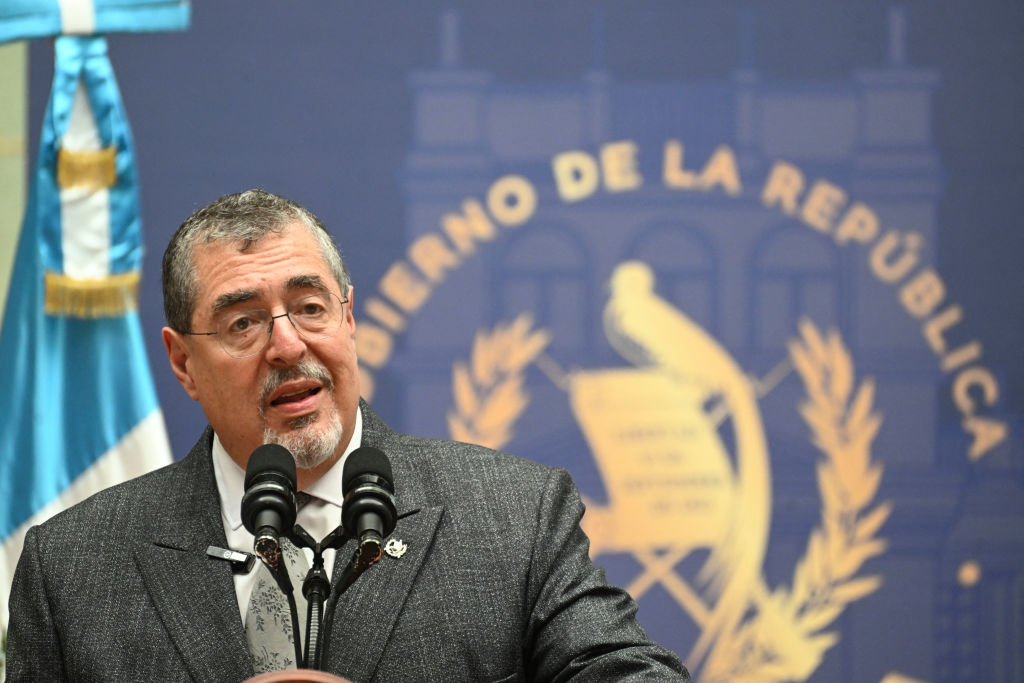Chávez Clears the Road for Reelection
Chávez Clears the Road for Reelection
Venezuelans gave President Chávez a token of trust on his government and allowed him to run for office in 2012. With renewed confidence, now Chávez must tackle a declining economy and rising insecurity.
In a decisive electoral victory on February 15, Venezuelan President Hugo Chávez won the right to run for his second reelection and possible third presidential term after voters approved an end to term limits. This is a political rebound for Chávez, who lost a proposed constitutional reform in December 2007 and important mayoralties in municipal elections last November. With this renewed mandate, he faces the daunting task to deal with rampant insecurity and corruption, rising inflation, and imminent economic adjustments to his vast social programs and fiscal expenditures.
Venezuelan electoral authorities announced that the “Yes” vote won by 54.86 percent of the “No” vote received 45.13 percent with a participation of more than 70 percent. International observers gave the referendum high marks for transparency and underlined the trustworthiness of the referendum’s official tally. But Chávez’s use of all state institutions and media at his disposal to push the amendment strained the process since the beginning. Chávez exerted pressure by emphasizing the lack of political alternatives and warning that Venezuela would crumble without his leadership, said pollster Luis Vicente León.
The opposition accepted their defeat with temperance and asked Chávez to turn his attention to the domestic agenda. Caracas’ Major Antonio Ledezma said that hopefully politicians “have turned that page of the political agenda” and that people “voted yes to solutions for garbage disposal, insecurity, inflation, and anarchy that overshadows governability.” In an interview with the Los Angeles Times, Tal Cual Editor Teodoro Petkoff stressed important inroads made by winning 10 percent of the vote in this referendum in comparison to Chávez’s 2006 reelection victory margin of 64 percent. “And I don't have the slightest doubt that the deterioration of Chavez's support will continue through the next presidential election in 2012,” Petkoff adds.
Meanwhile, economists sound the alarm about the dangers laying ahead for the government due to falling revenue from oil exports and inflation. “I would say that Venezuela can count on a sizeable cushion of reserves and foreign exchange liquid assets to help it ride the current economic down cycle. But not for very long. By all accounts, Venezuela is destroying assets much more quickly than it’s been building them, given today’s oil prices,” says Eurasia Group’s Patrick Esteruelas in an AS/COA interview. The Financial Times reports that Chávez announced in his victory speech that he will redouble efforts to face the crisis; he was followed by his Finance Minister Ali Rodriguez, who cautiously referred to a stimulus package to control inflation but said that they are waiting to see at what level crude prices settle at to better determine their revenues for this year.
International leaders greeted Chávez’s victory at the polls positively. Colombian President Álvaro Uribe congratulated Chávez for his “democratic victory” in an effort to strengthen bruised bilateral relations. Spain’s government also praised the electoral outcome in Venezuela and urged for continued dialogue to bridge differences between the political parties, El Nacional reports. Even the U.S. government acknowledged the “civic spirit” displayed by Venezuelans and cautiously hailed Chávez’s accomplishment.
At a February 9 AS/COA panel discussion on the Venezuelan referendum, Barclays Capital Senior Economist for the Andes Alejandro Grisanti said that, even with a victory for Chávez on Sunday, he still must deal with harsh economic realities that could further harm his approval ratings when running for an hypothetical third term in 2012.
Read AS/COA extensive coverage on Venezuela’s electoral process and its oil-based economy.







